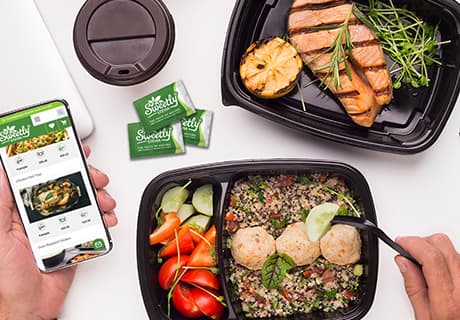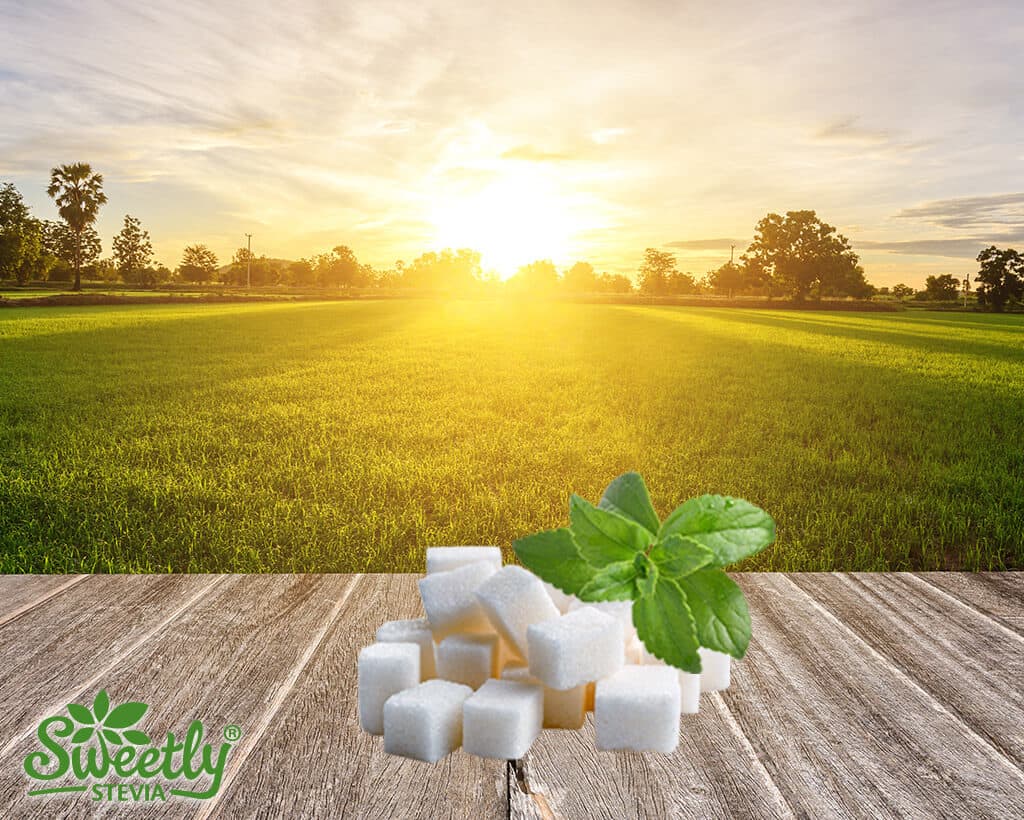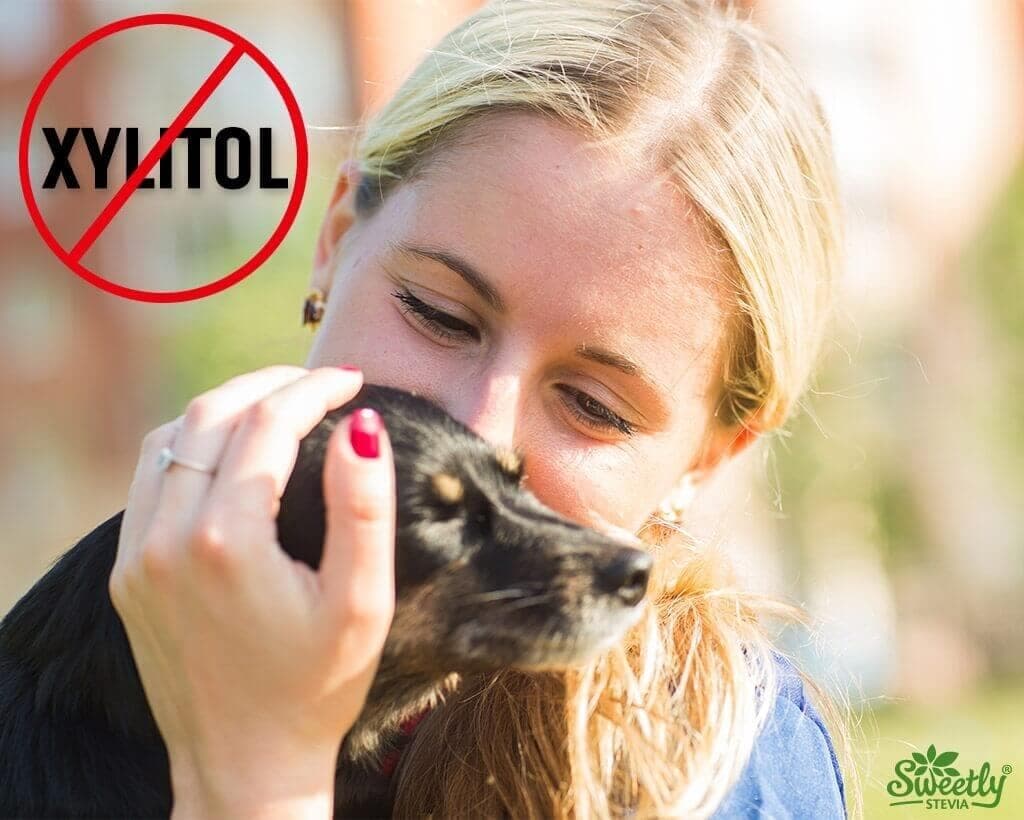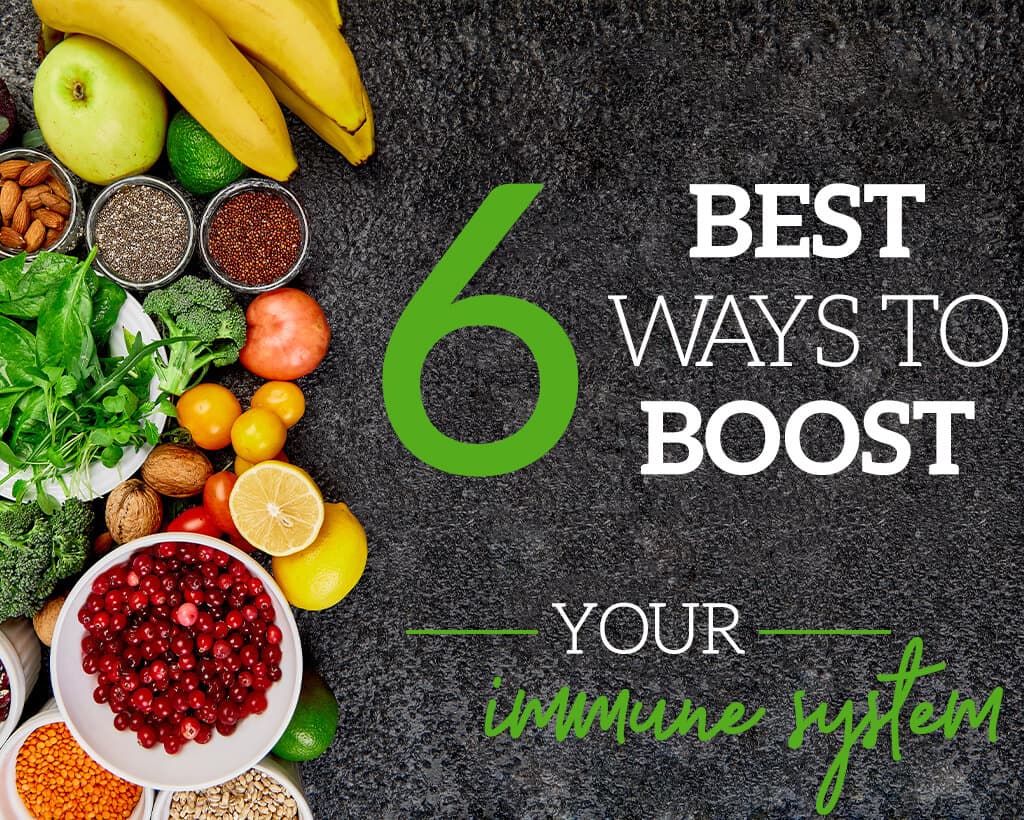What is the Best Sweetener for People with Diabetes?
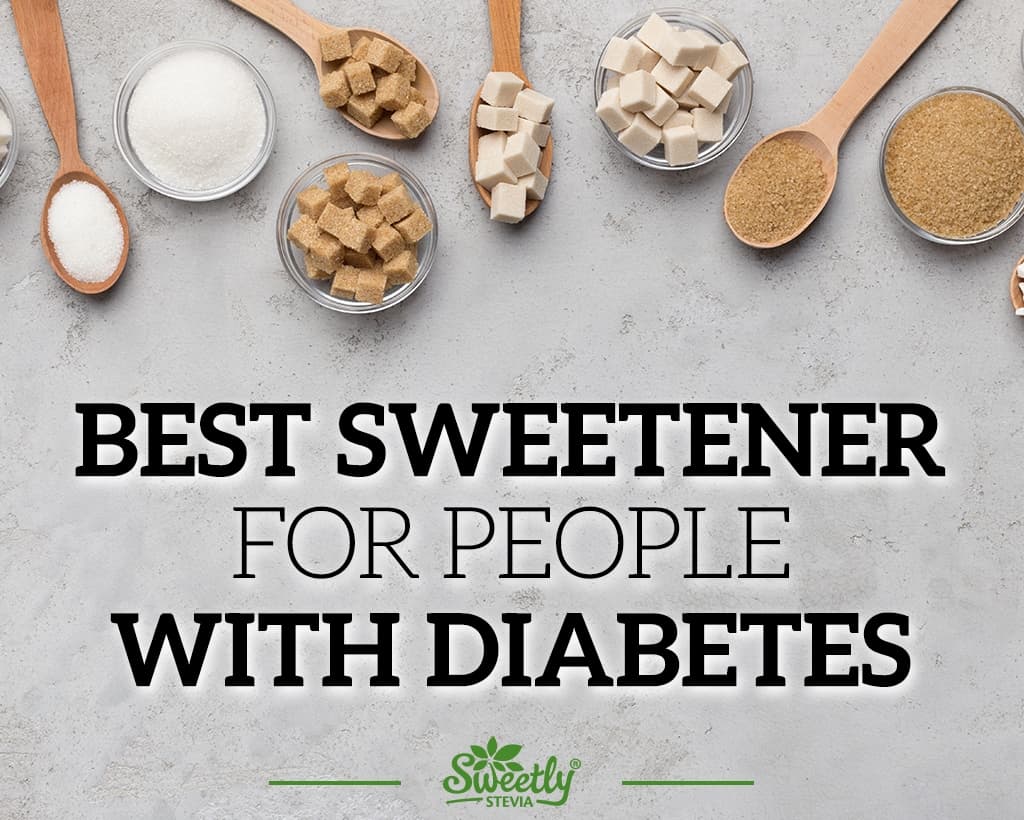
As a person with diabetes, one of the first questions you may have is "What am I allowed to eat as a type 1 or type 2 diabetic?". Before diagnosis, you may have thought that all that mattered about diabetes was sugar intake. While there are several other factors that play into being diagnosed with diabetes and steps that need to be taken after a diabetes diagnosis, there is one thing that remains consistent... cutting down on harmful sugars is good for EVERYONE!
So, how do you cut down on sugar intake?
The answer to this question is simple, substitute harmful added sugars and sugary products for a sugar substitute and for reduced-sugar products.
Easy, right? Wrong.
For people with diabetes, choosing the right replacement for sugar that won't raise blood sugar can be a daunting task. We're hoping this article can help guide you in the right direction towards choosing a healthy alternative to sugar.
Let's start with the basics.
What are natural & artificial sweeteners?
The FDA defines sweeteners as: “…commonly used as sugar substitutes or sugar alternatives because they are many times sweeter than sugar but contribute only a few or no calories when added to foods”.
While both artificial and natural sweeteners are covered under this one definition, their individual characteristics are polar opposite.
Artificial Sweeteners
According to Erma Levy, a research dietitian at the MD Anderson Cancer Center, "Artificial sweeteners are synthetic sugar substitutes." and that "Some studies done with laboratory animals have found links between artificial sweeteners and cancer. And while there is no proof that artificial sweeteners cause cancer, it’s best to avoid them or consume them in moderation."
Some common artificial sweeteners include:
-
Aspartame
-
Sucralose
-
Acesulfame K
-
Xylitol
-
Saccharin
It's safe to say that artificial sweeteners should not be your first choice of sugar-substitute, and probably shouldn't even be on the list of contenders.
What about natural sweeteners?
Natural Sweeteners
According to the Encyclopedia of Food Chemistry, "Natural sweeteners are carbohydrates obtained from vegetables, trees, seeds, roots, and nuts."
Commonly used natural sweeteners are:
-
Raw Honey
-
Molasses
-
Agave Nectar
-
Stevia
-
Coconut Sugar
Although these are all listed as natural sweeteners, it does not necessarily mean that they are blood-sugar friendly (or diabetic-friendly).
For example, honey may be natural, but it's 82% sugar, putting it at a 61 on the Glycemic Index(GI). That's only 4 away from normal table sugar! While agave nectar is another highly praised "healthy" natural sweetener and has a much lower GI of 13, it's 90% liquid fructose and is "basically high-fructose corn syrup masquerading as healthy food" according to Dr. Jonny Bowden.
While we are on the subject, let's talk about how "natural" doesn't always mean "healthy".
Just because a sugar comes from a plant doesn't mean it's "good" for you. You shouldn't necessarily fear small amounts of naturally occurring sugars in their native form, just be cautious of how much you're consuming.
For example, eating 5 bananas is equivalent to 84 grams of sugar, or 3/4 cup! A banana cut up in a bowl of steel-cut oats for breakfast isn't going to kill you, but eating a whole bundle of bananas in a single sitting might...
I know what you're thinking, sugar is bad for me, artificial sweeteners are bad for me, but so are natural sweeteners? How will I survive?
Simple. Stevia!
Natural Sweetener that won't affect blood sugar.
In its raw form, stevia will not affect your blood sugar levels. But you have to double-check the label to make sure the manufacturer hasn't added anything else such as fillers or flavors.
Stevia is great for people with diabetes and it will not raise blood sugar levels. This is why it's many diabetics sweetener of choice.
In short, stevia is a 100% natural sweetener derived from the leaves of the Stevia Rebaudiana plant. In its purest form, Stevia is about 300 times sweeter than sugar. For a more in-depth description of what stevia is and where it comes from, check out our article titled What is Stevia?.
How to choose the right stevia brand.
There are three things you should consider when choosing a stevia brand: Cost, Quality, and Environmental Impact.
The cost of a stevia product could say a lot based on the quality and transparency of their product. You also don't want to fall for the "higher the price the better the quality must be" tactic.
The quality of a stevia product can be determined by reading the ingredients and nutritional facts on the packaging, as well as researching the brand's website to find where the product comes from.
As with any other brand you choose to do business with, you want to check on the environmental impact a stevia company has on the world. Stevia is traditionally processed less than other natural sweeteners, besides honey or agave nectar. Make sure the stevia brand you choose practices good farming and agricultural management tactics.
Why Sweetly Stevia should be your stevia sweetener of choice.
To start, let's cover the basic three factors laid out in the previous section of this article.
1. Cost
Sweetly Stevia offers high-quality stevia products at competitive prices. We believe in full transparency of our products and don't hide what is in our product. Which brings me to the second factor.
2. Quality
Sweetly Stevia uses a patented water extraction process, making our stevia product pure and free of harmful chemicals, sugar alcohols, and bitter aftertaste. We mix our glycosides with organic erythritol to bring you ultimately the closest tasting stevia product to sugar. Seriously, 75% of people say Sweetly Stevia tastes just like sugar!
3. Environmental Impact
Our stevia leaves are grown in the farms of South America and are produced with love and pride—all the way from our ethical agricultural practices to the final finished product. Once cultivated, the leaves are harvested by the local communities of Brazil, inspected for the highest quality, and then enjoyed by people around the world looking for a natural sugar substitute.
Since the beginning, we’ve prided ourselves on our commitments in three areas: sharing and improving communities, stewarding natural resources, and sourcing responsibility. These business drivers have led to the creation of a common vision across the Sweetly Stevia® brand, and a way of thinking that continually seeks out economic, environmental, and social opportunities.
From field to table, we give you all the information you need to know that our products are natural, ethical, and healthy. Seriously, check out our About Us page!
Here at Sweetly Stevia, we say NO to warning labels, chemicals, and other harmful pollutants and so should you. Choose Sweetly Stevia and change your life for the better.
Check out our other article on stevia and diabetes.
